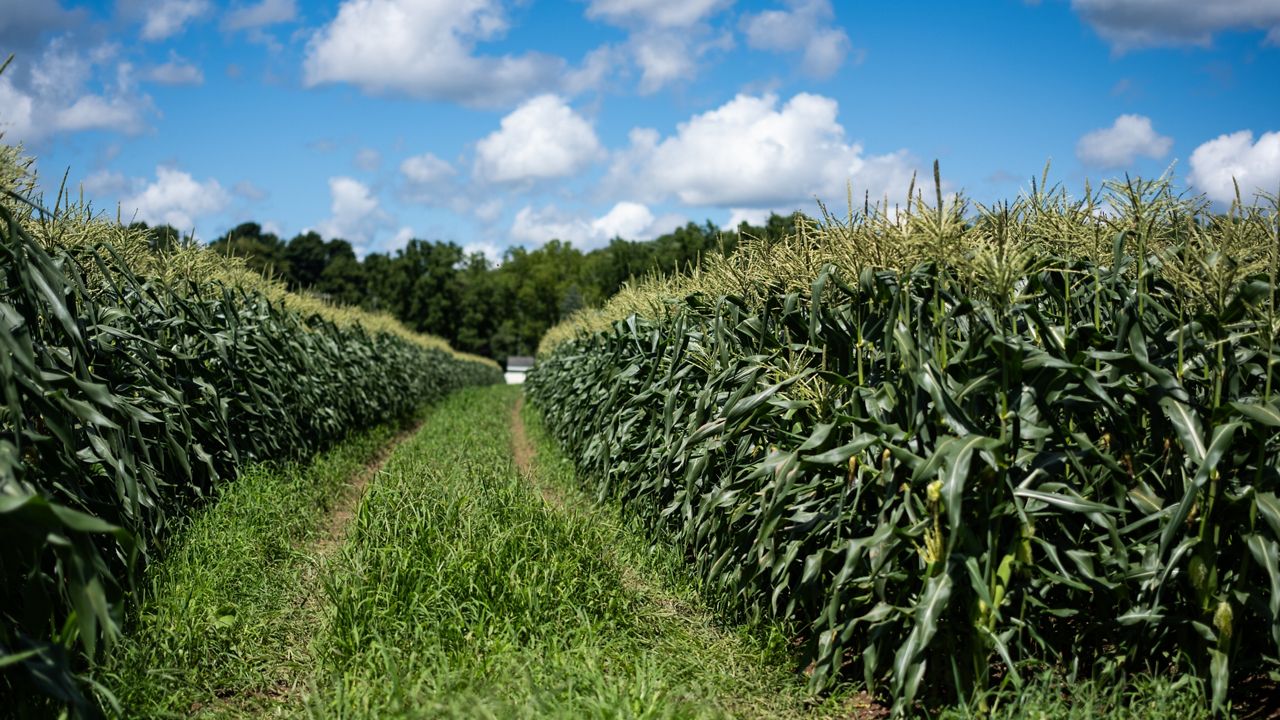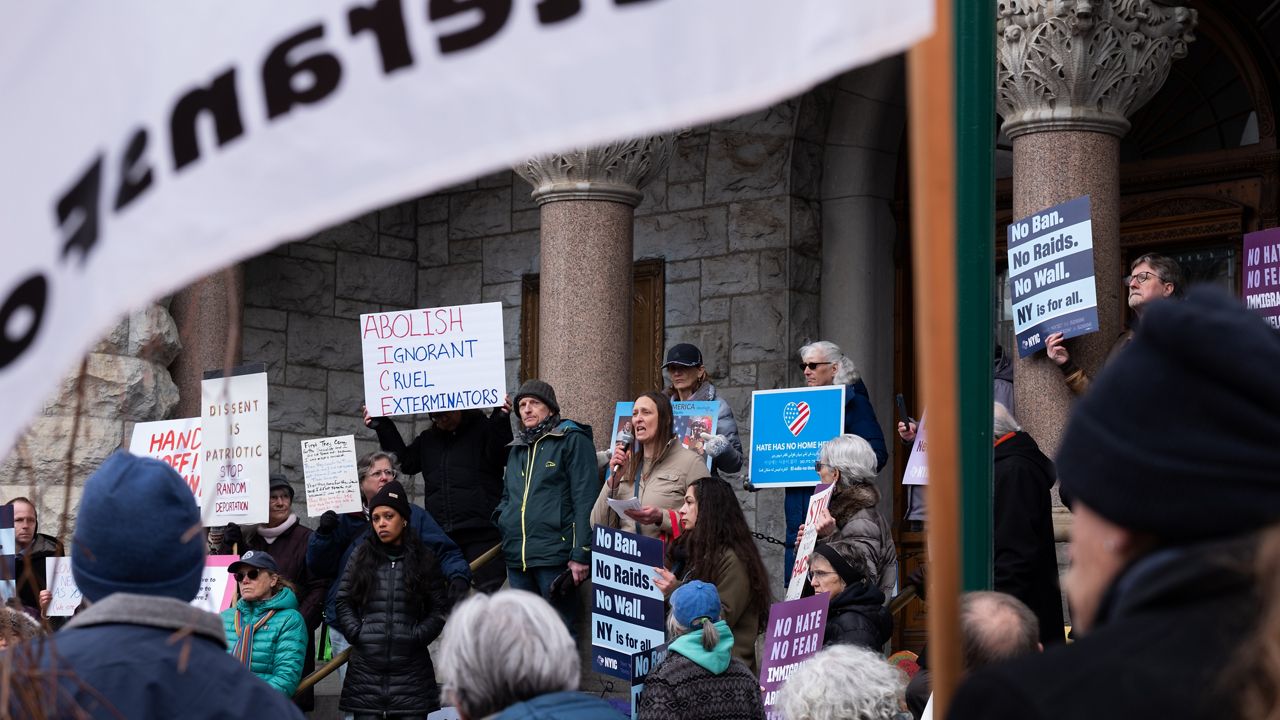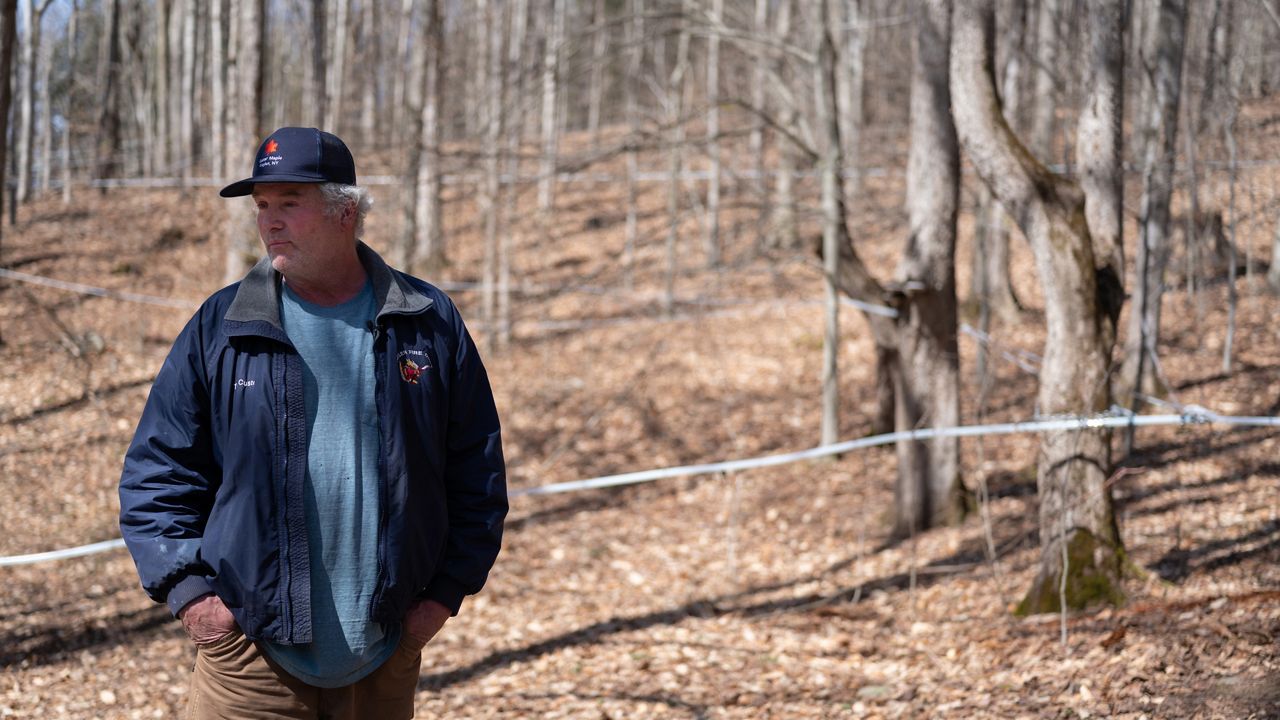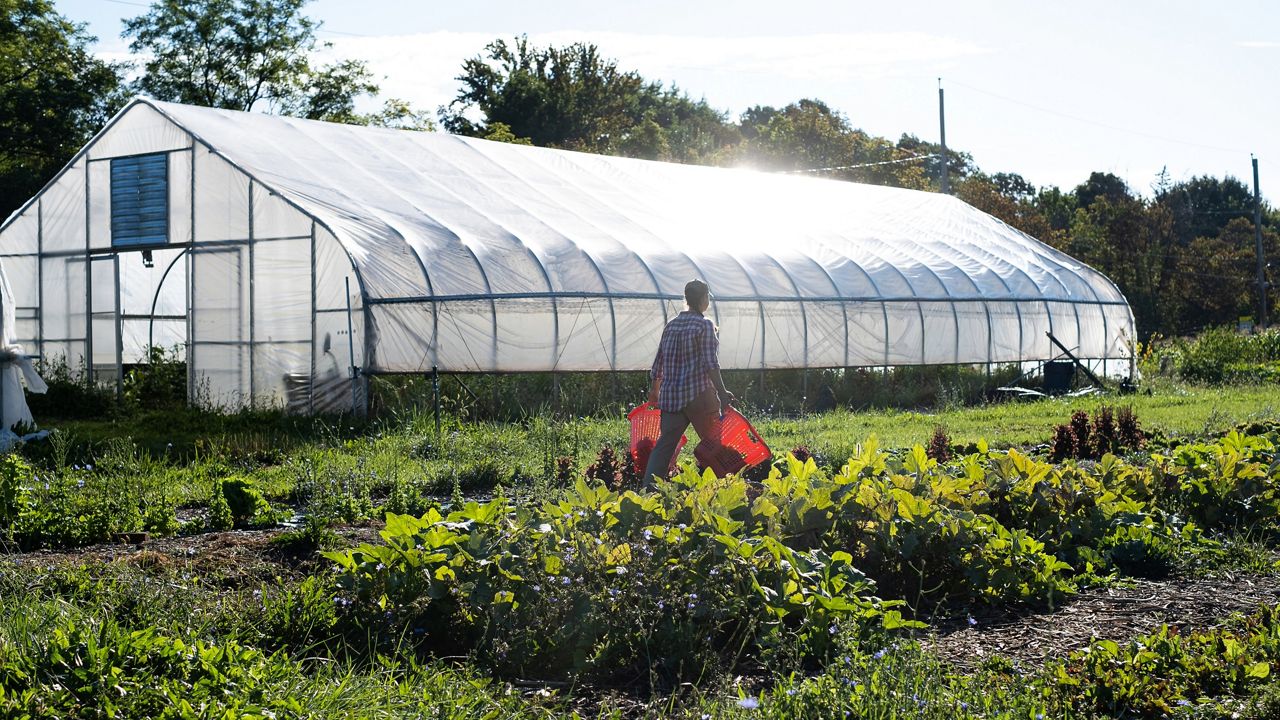Environmental advocates, doctors and organic farmers continued their call for Gov. Kathy Hochul to sign the Birds and Bees Protection Act, which bans the use of corn, wheat and soybean seeds treated with neonicotinoid pesticides.
As the primary sponsor of the bill, Democratic state Sen. Brad Hoylman-Sigal from Manhattan urged Hochul to approve the legislation to prioritize the health of New York residents.
“With the EPA recently finding that neonics are driving more than 200 species towards extinction, these pesticides are emerging as the most ecologically destructive since DDT,” Hoylman-Sigal said in a press conference on Wednesday.
But the New York Farm Bureau has opposed the legislation, saying the use of seeds treated is better than broadly spraying pesticides on the field, which would be an alternative if the bill is passed.
“The active ingredient of that pesticide is only an ounce per acre when using seed treatments. If farmers were spraying pesticides on the field, it would be gallons per acre,” Jeff Williams, director of public policy for the New York Farm Bureau, said late last month.
About half of the population in the U.S. has detectable concentrations of neonicotinoid pesticides in their systems, according to research from the CDC.
“I am worried about neonicotinoid insecticides because these powerful chemicals are nerve agents. They are toxic to the brain and nervous system,” said Philip Landrigan, a pediatrician from the Icahn School of Medicine at Mount Sinai in New York City.
Landrigan said the pesticides are linked to seizures, delayed brain development and autism spectrum disorders.
“The group that is most susceptible to these toxic chemicals are infants in the womb during the nine months of pregnancy and children in the first couple years of life,” he said.
Laura Colligan, co-owner of Dirt Rich Farm, an organic vegetable farm in Springville, Erie County, said the use of neonicotinoid pesticides has no benefit to farmers.
“The thing is neonicotinoids are not helping conventional corn and soy growers. According to a study from Cornell [University], they’re being used as an insurance policy against a problem that does not largely exist,” Colligan said.
The study released in 2020 found that the routine use of neonicotinoid treated seeds doesn’t increase net income for New York field corn or soybean producers.
“There’s too much at stake for Gov. Hochul to give in to chemical industry pressure,” said Dan Raichel, director of the Natural Resource Defense Council’s pollinator initiative.
The bill was delivered to Hochul’s desk on Tuesday. She must act on it within 10 days. Hoylman-Sigal said the legislative sponsors are open to amendments to the bill.
“It would be disappointing, to say the least, if the bill is vetoed, without a conversation, especially when the advocates gathered here today have made such a persuasive case,” he said.









